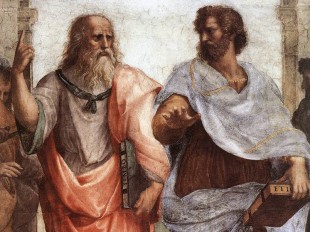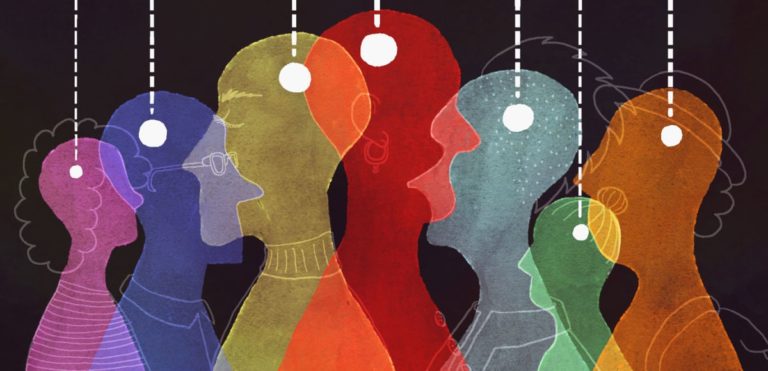Several millennia ago, Aristotle asserted that man was different from the animals because only he had the gift of (thoughtful) speech. The cursing generation seems intent on erasing that distinction. The blanketing of everyday conversation with curse words and crudities is so common that few people stop to question it, or tell people to zip it.
The relentless torrent of swear words, used as if they were punctuation marks in a sentence, was again made real to me recently courtesy of two unrelated episodes.
Episode one brought three youngish women along my path while I was nearing the University of Calgary’s library. “This bi**h needs to eat” exclaimed one gal—about herself—loudly.
The second reminder took place as I was stuck on a chairlift at Lake Louise ski resort. Some young man behind me cursed three times in five minutes. He repeatedly urged the motionless mechanical object to “‘effing’ move!” It eventually did, perhaps reinforcing a correlation-causation error in his mind: “I curse, the object moves; therefore my cursing was cause to the effect.”
A few years back, a political operative who shall remain nameless but was known for his drinking and colourful language was a fellow patron at a small Italian restaurant, converted from a house to its current use. So the four of us were at a table in a small room; a family with young kids and a couple lingering over a romantic dinner sat at two other tables.
The more my fellow dinner companion drank, the bluer his language became; he was oblivious to the frequent dark stares from the family and irritated glances from the couple.
Finally—being embarrassed for us but especially sorry for the other patrons with children, I blurted out with some frustration, “Would you please shut up already?! There are other people here and with kids.” He looked around with the then-dawning wakefulness that perhaps the wine had masked his own self-awareness. He mumbled his regrets.
The swearing virus is not limited to undergraduates, frustrated skiers and politicos. Historian Niall Ferguson prints the F-word (as an action) in his recent book, Civilization. While he is quoting someone else, past historians would have put part of that word in asterisks.
I won’t claim I never swear. I do try and limit it to private, consenting episodes between me and my slow computer (and I realize it won’t help but everyone needs to be occasionally irrational).
Still, to curse is to admit that one has become lazy; that the effort to find the right words and to engage in the act of reason has been abandoned.
Maybe that’s why swearing most often takes place when people are frustrated or angry. Insofar as the curses are directed at others, it’s an attempt to skip past reason and enter the realm of intimidation, just with harsh words instead of fists.
But that’s not much different from the animal world. As Aristotle also pointed out, once you abandon the act of speech with logic and thought behind it, all you’re left with is mere voice and its primal grunts.
–
Mark Milke is the editorial board chair of C2C Journal.







